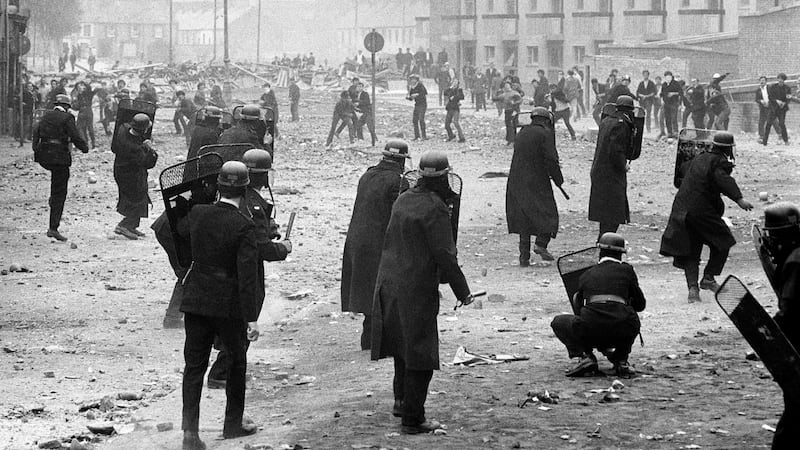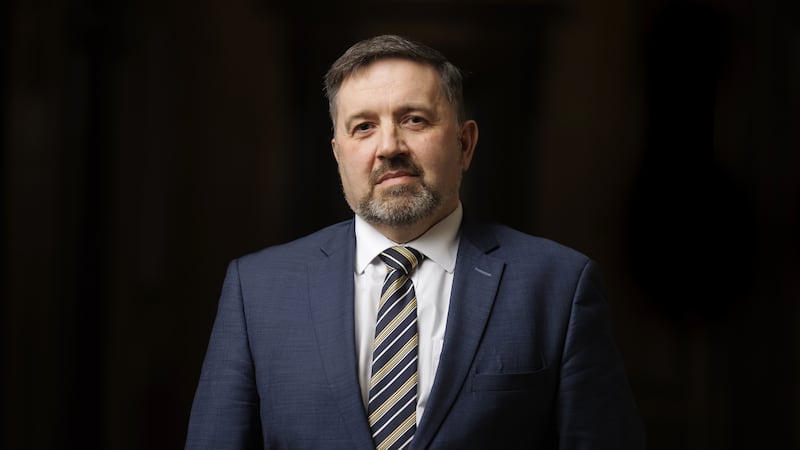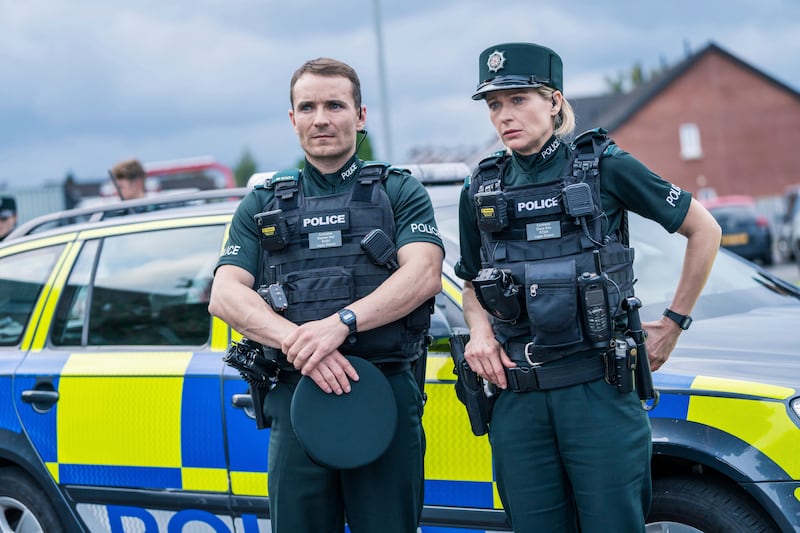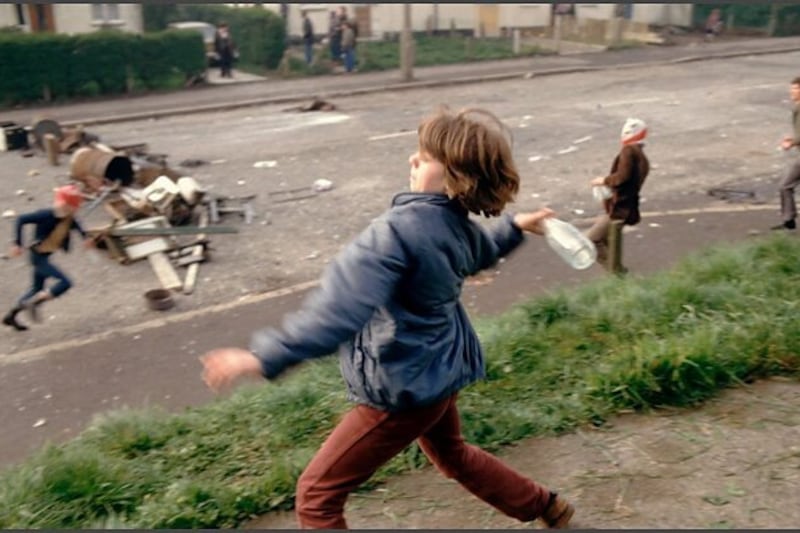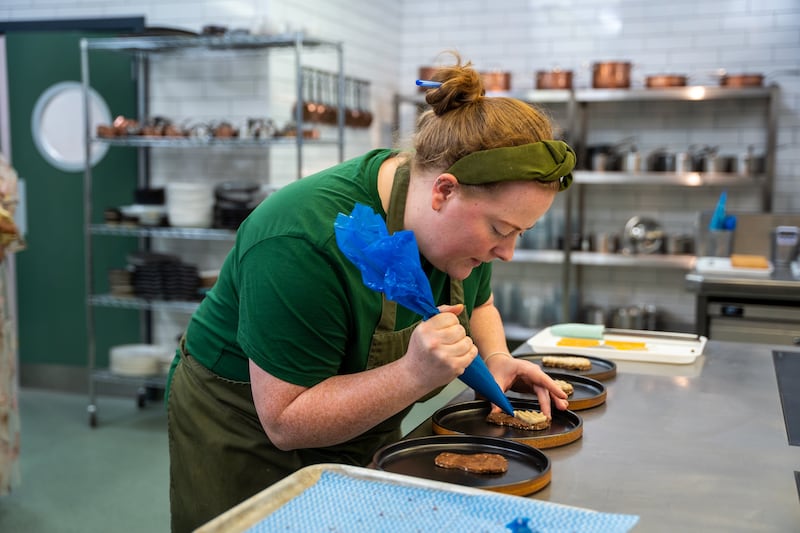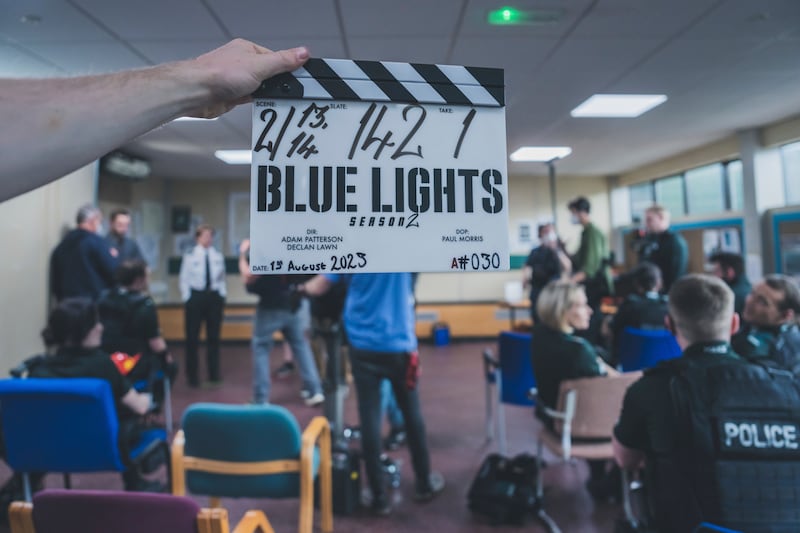For an indication of Sir Paul Fox’s standing, look no further than the list of those awarded a fellowship by the British Academy of Film and Television Arts.
He received the award in 1990, after a lifetime in British television, including a long period as controller of BBC One. Immediate past recipients were directors Federico Fellini and Ingmar Bergman, and the actor Alec Guinness. The following year the fellowship went to acclaimed French film-maker Louis Malle.
By that stage Fox’s broadcasting career was coming to an end. He retired from the BBC in 1991. His final job there was managing director.
Fox had a reputation for being a pugilist. He did not pull his punches then, nor now. Aged 98, Fox has come out of retirement and given the BBC a bloody nose.
He is one of a group of journalists, once household names, who feature in a documentary due to be shown on March 3. While their revelations about the BBC’s unionist-centric approach to reporting Northern Ireland will not come as a surprise to many readers, they are shocking nonetheless.
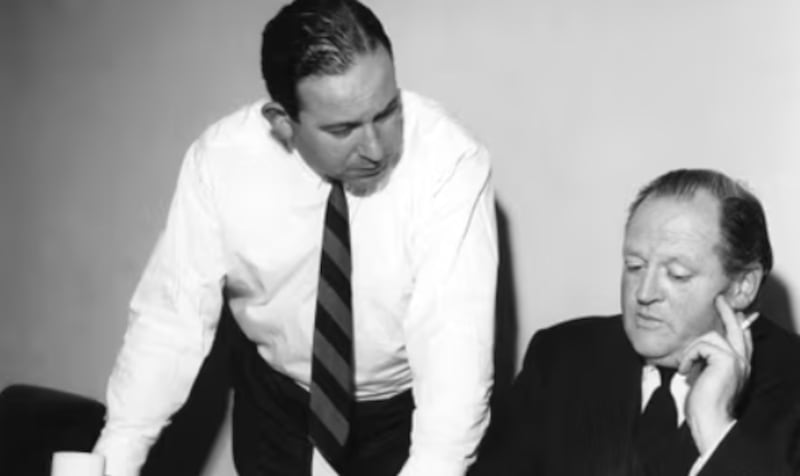
And they beg the question about the role of the BBC – particularly BBC Northern Ireland – today, where there are serious concerns about the way coverage of the different cultures and traditions here are framed.
Unsurprisingly there was an attempt to quash film-maker John Bridcut’s documentary. At the weekend, The Guardian reported that the commissioning editor had suggested the footage be sent straight to archive rather than being broadcast.
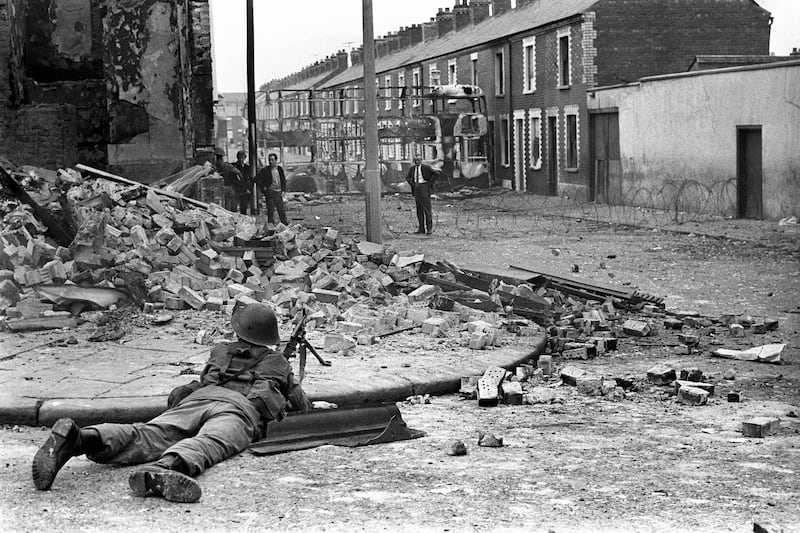
Bridcut approached Director General Tim Davie who overruled the decision. Instead of suppressing the film, the Beeb has done the next best thing and put it on BBC Four.
Fox’s assertion – that sectarianism and discrimination were deliberately hidden from British viewers – is echoed by reporters Martin Bell and Denis Tuohy. Fox does not mince his words. The British public were not told the truth about the Troubles in the 1960s and 1970s because “the bloody Protestants were running the BBC in Northern Ireland”.
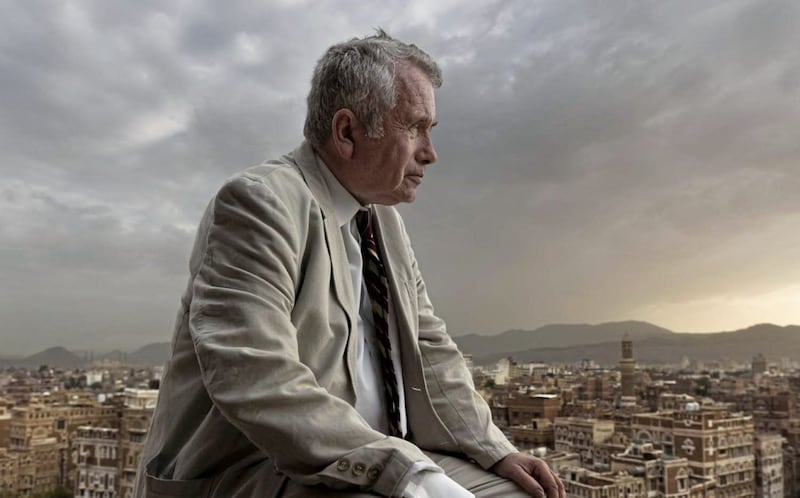
This was the era when anything the BBC planned to air about Northern Ireland had to be referred to the controller in Belfast. Fox says: “Back then, the one thing we could not tackle was Northern Ireland. The decision had been taken that the head of Northern Ireland programmes would act as censor.
“So it was as difficult to film there as in the Soviet Union. It also meant it was easier to go to America, with no censorship, to film their race problems than those of Northern Ireland.”
Bell, who was given instructions over the terminology he could use, says: “I had the controller of BBC Northern Ireland breathing over my shoulder.” Tuohy, born here, but based in London by the late 1960s, was stopped from travelling to Belfast on a job “since BBC Northern Ireland had protested at the highest level in London that I would be too close to the story”.
By not telling the truth, “the BBC did itself an injustice”, says Bell.
Fox says: “If we, the BBC, had been given access to deal with issues and injustices long before the troops went in, the British people would have been much more aware of what was happening in Northern Ireland.”
BBC Northern Ireland has a credibility problem as an institution. It has singularly failed to lay to rest charges that it covers what is happening here through the cultural prism of unionism
There’s been a lot of water under the bridge since the late sixties. The make-up of BBC Northern Ireland is very different today and, without question, there are many fine people there – some who cut their teeth on this paper.
But, and this is an enormous but, BBC Northern Ireland has a credibility problem as an institution. It has singularly failed to lay to rest charges that it covers what is happening here through the cultural prism of unionism. (Ironically, a similar charge can be made against RTÉ which embraced partitionism with the same enthusiasm.)
The common defence – ‘all sides complain so we must be even-handed’ – doesn’t wash. And BBC Northern Ireland would do itself a big favour if, instead of circling its wagons which is its default position, it indulged in some honest self-reflection.

